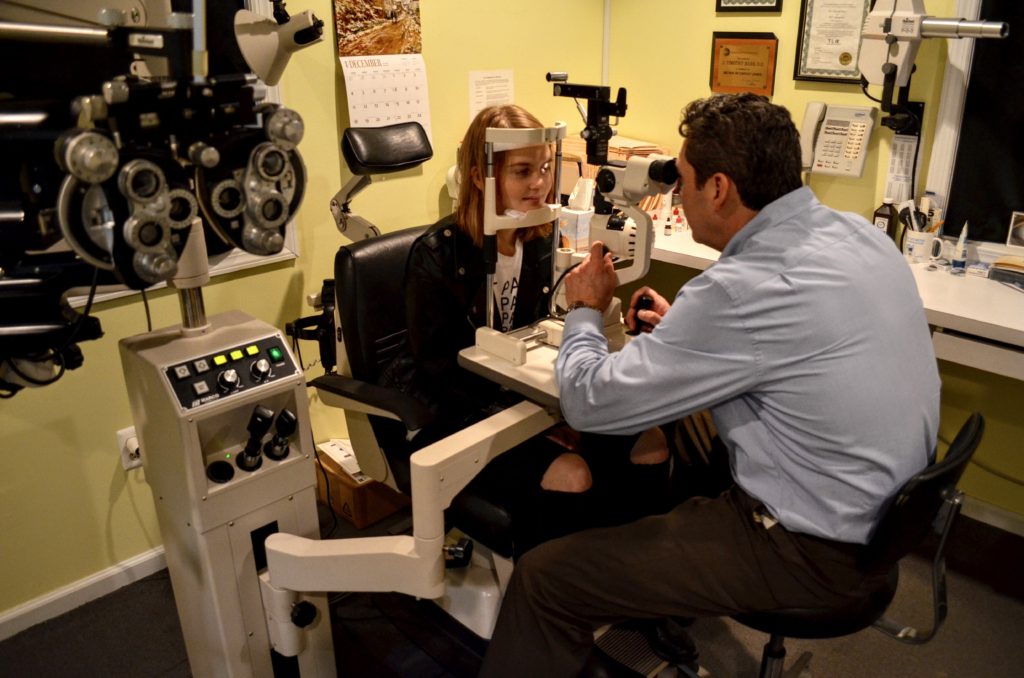In today’s society, sleep can be hard to come by due to the long workdays and early mornings that many Americans have to endure. Coffee will remedy a tired mind but that is not the only consequence that comes with sleep deprivation. Sleep deprivation also has adverse effects on your eyesight and general overall health.
On average, adults should be getting anywhere from seven to ten hours of sleep every night, and children need even more. Having dry or tired eyes is a common byproduct of a sleepless night but more serious consequences including depression, strokes, diabetes, obesity, and heart disease can arise from not getting enough sleep. Research also suggests that the mental processes required for the brain and eye to process images can be damaged by sleep deprivation.
First we will discuss glaucoma. This is the second leading cause of blindness around the world and sleep deprivation contributes to this condition. Glaucoma acts slowly as it takes away a person’s vision and must be treated as soon as possible. Research is still being done to find the exact connection between sleep deprivation and glaucoma.
Floppy eyelid syndrome (FES) is another outcome of sleepless nights. Though not dangerous as glaucoma, FES is uncomfortable as it causes your eyes to flip up or open during sleep, which leads to irritation, discharge and dry eyes. Studies have demonstrated a link between FES and obstructive sleep apnea, a condition that may waken you multiple times during the night.
Another effect of sleep deprivation is eye spasms or twitching. The scientific word for this is blepharospasm. For the most part, this condition is harmless and it is very preventable by simply getting more sleep.
If your optic nerve is swollen, then you have papilledema. This condition frequently occurs in patients with sleep apnea, although the general lack of sleep and the loss of oxygen people experience with sleep apnea may both cause this condition.
There is still more research to be done but one thing is clear, a lack of sleep will lead to adverse health and vision affects. The best way to avoid any of these conditions and diseases is obviously to get more sleep. As there may be other reasons for your health issues besides sleep deprivation, it is always recommended to talk to your doctor if you have any additional co


